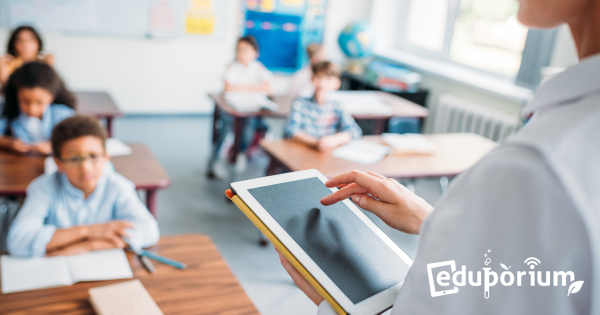One of the hottest topics in EdTech throughout the recent months has been the subject of digital citizenship (or digital literacy). By designing classrooms that are more conducive to the specific needs of the students it surrounds for 180 days, those inside will become more eager to learn and, with increased engagement, see better academic results.
Digital Literacy
Digital literacy is an incredibly broad and equally important topic throughout the 21st century education world. Being digitally literate remains crucial for today's students—both during their years in the classroom and in subsequent endeavors. Of course, so many careers in the 21st century require digital skills. And, students can build up these competencies gradually starting in the early years of their lives. With stronger levels of digital literacy, children, teens, and young adults are more likely to develop into strong candidates for future jobs. And, it's super beneficial for both them and their teachers that there are so many hands-on STEM tools and digital platforms to help them bolster their technological repertoires and position themselves for the future. Whether in a classroom, STEM lab, makerspace, or after school, students need opportunities to create and explore with digital tools.
We're, of course, huge proponents of hands-on STEAM education. And, there's no doubt that students can build their digital literacy skills through these experiences. They're not the only possible avenues they could take for becoming well-rounded in using technology tools, however. Digital literacies span tons of different academic areas—in the classroom and beyond. In makerspaces, for example, students could start to get familiar with using 3D printers to create objects. In traditionally non-STEM subjects, they could utilize educational VR devices to explore scenes and concepts close-up. And, even in CTE courses, exploring programming more in-depth could help them further build out their digital skill sets. And, since digital literacy isn't limited to any one area of the curriculum, educators can have their pick at how they expose students to it.
-
Prepare For Digital Learning Day With Advanced Searching
What if we only went to websites that we knew, and navigated using the links supplied on the page. How many “degrees of separation” would we get between two websites that each would be considered significant resources for the subjects we were exploring? Learn more about that and get ready for Digital Learning Day!
Page
- Page Previous
- Page 1
- You're currently reading page 2





